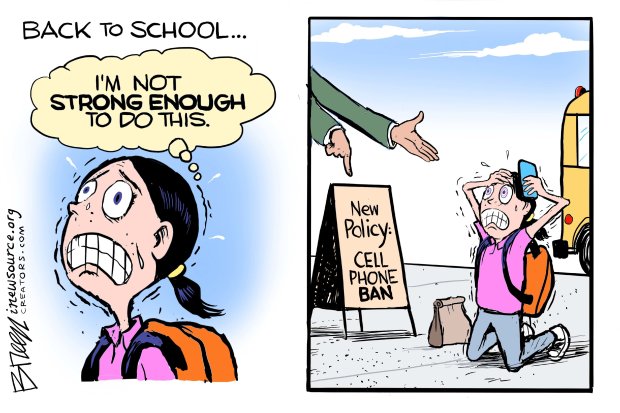Politicians excel at spending taxpayers’ money, and not always for the betterment of their constituents.
So when governors come up with plans that greatly benefits their state’s residents, it’s worth noting – and copying.
New Jersey’s Democratic Gov. Phil Murphy announced Wednesday the state would cancel $100 million in medical debt for nearly 50,000 residents, The Hill reported.
“Medical debt can follow someone for decades. We are wiping the slate clean for thousands and making a real impact on their lives,” Murphy posted on X.
New Jersey is working with the nonprofit Undue Medical Debt, which said in a release it is working with the state to leverage more than $550,000 in American Rescue Plan federal funds.
Murphy isn’t spending new money, he’s not covering this project with a bond bill. American Rescue Plan funds were distributed, and according to the National Conference of State Legislatures, have to be obligated by Dec. 31, 2024, and spent by Dec. 31, 2026.
And while helping people with medical debt doesn’t have the high-profile cheerleaders that student loan forgiveness does, it’s a more than worthy enterprise.
“When someone is sick or injured, they should be able to focus on what matters most — getting better — rather than worrying about how they will pay for the life-saving care and services rendered to them,” Murphy said in a statement.
People who qualify for Undue’s medical debt relief are four times or more below the federal poverty level or have medical debt that equal 5% or more of their annual income, the nonprofit said in a release.
Earlier this month, North Carolina Democratic Gov. Roy Cooper and Health and Human Services Secretary Kody H. Kinsley announced all eligible hospitals in North Carolina had signed on to the state’s plan to relieve medical debt for millions of people
By Jan. 1, 2025, patients enrolled in public benefit programs such as WIC and SNAP, enrolled in Medicaid, or who are experiencing homelessness will automatically qualify for charity care. By July 1, 2025, hospitals will forgive past debt of individuals on Medicaid and will also have policies in place to ensure medical debt does not impact a person’s credit rating, according to the governor’s web site.
For those who already have more bills than paycheck, medical debt can be crippling. It’s a leading cause of personal bankruptcies in America. No one chooses to become sick or injured, there are no scholarships or financial aid packages from hospitals and doctors to ease the burden.
Roughly 530,000 people reported falling into bankruptcy annually due partly to medical bills and time away from work, according to a 2019 study from the American Journal of Public Health.
In Massachusetts, the Atrius Health Equity Foundation nonprofit announced this year it was dedicating nearly $10 million in funding to alleviate medical debt for low and middle income residents in Eastern Massachusetts.
This is tremendous, but you can’t guarantee that there will be a generous nonprofit to save the day. Political leaders should take a lesson from Governors Murphy and Cooper and create public/nonprofit partnerships to alleviate oversized burdens on constituents.
Medical debt is a major need deserving of pandemic funds.















